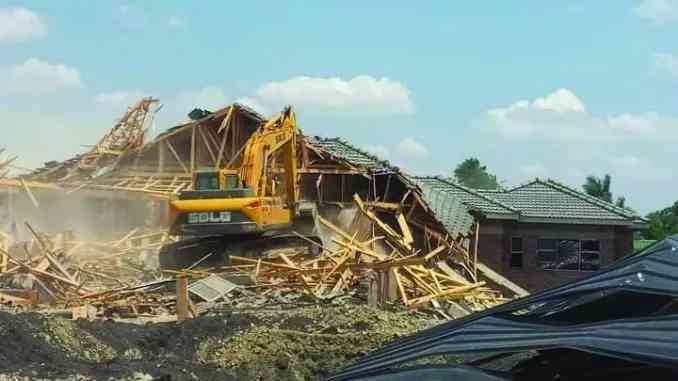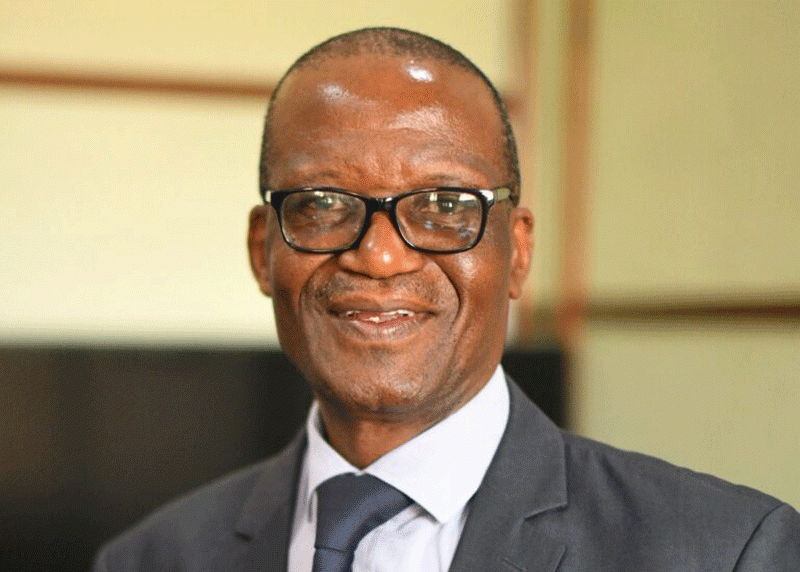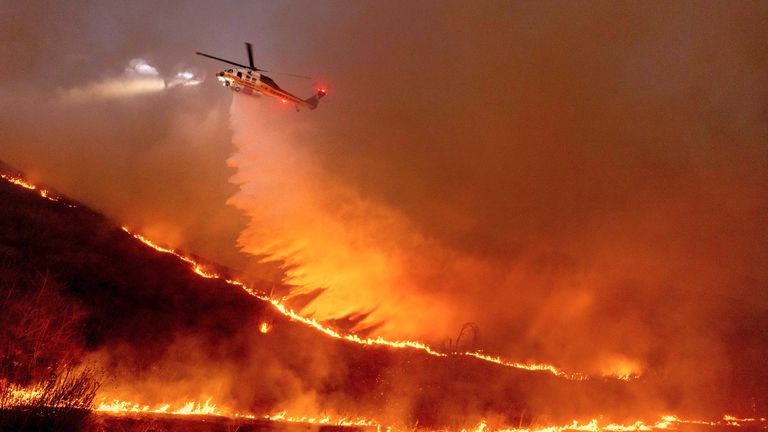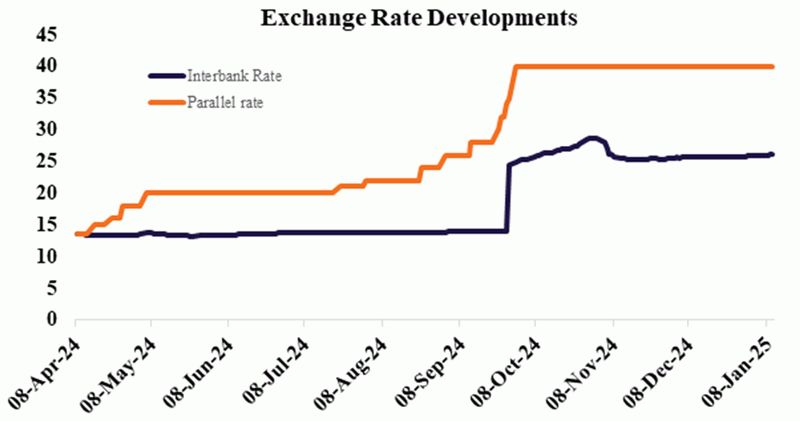
Harare’s under-fire mayor, Jacob Mafume sprang to the local authority's defence during a heated X–Spaces debate over fresh waves of illegal house demolitions, telling the highly-subscribed event that Zimbabwe’s biggest metropolitan was “not a refugee camp”.
Fielding questions from the Zimbabwe Independent during the debate, which was organised by The Standard, Mafume lashed out at “alarming comfortability of lawlessness in Harare”, before demanding a new definition for “a house”.
The Mafume-led local authority slipped into government’s cross hairs two weeks ago, after razing houses in Belvedere and Stoneridge, exposing women and children to the vagaries of weather at the onset of what experts predict could be a season of heavy rains.
State media reported at the weekend that up to 5 000 houses constructed on unapproved settlements would be flattened, as Harare battles to bring order to a city plagued by epidemics blamed on chaotic planning.
This has been compounded by high level rural to urban migration by thousands of youths seeking opportunities in Harare’s last remaining firms.
They fall into the trap of paying land barons to purchase illegal stands.
City fathers have been emboldened by 37 High Court orders giving them power to roll out bulldozers on residents in suburbs including Kuwadzana, Budiriro, Glen View and Mabvuku among others.
“The comfortability of lawlessness in Harare is alarming," Mafume said during the debate titled ‘Authorities Are Back on the Demolitions Trail. Who Is to Blame for the Housing Mess in Harare?’
- Fire guts Pomona dumpsite
- HCC violates Pomona deal
- Police smoke out Mbare violence leaders
- Harare mayor demands autonomy of local authorities
Keep Reading
“Buy land through the proper route,” Mafume warned.
“Not following the law is just addictive, (but) bear in mind Harare was not designed as a refugee camp. We need to come up with a definition of a house. We have cases where someone occupies an empty piece of land and builds a shack, or two-roomed structures (and) they call it a house. There are people building in designated areas — school and clinic land. If we let this go on, the city will spiral out of control. We also need to revise and amend some laws to criminalise corrupt land barons because at the end of the day, the citizens are on the receiving end,” he added.
The current destruction of Harare’s settlements has invoked memories of the globally condemned Operation Murambatsvina (Restore Order) carried out at the onset of a brutal winter in 2005.
Under the operation, the late strongman Robert Mugabe’s government forcibly cleared slum areas across the country.
In the end, an enraged United Nations (UN) estimated that 700 000 people had been directly affected by the campaign. The UN said a further 1,4 million had been indirectly affected by Operation Murambatsvina, losing homes or livelihood.
Mugabe’s administration argued that Murambatsvina was necessary to remove illegal houses and commercial activities, and as an effort to reduce the risk of the spread of infectious diseases in these areas.
However, the campaign was met with harsh condemnation from Zimbabwean opposition parties, church groups, non-governmental organisations, and the wider international community.
The UN described the campaign as an effort to drive out and make homeless large sections of the urban and rural poor, who made up much of the internal opposition to the Mugabe rule.











